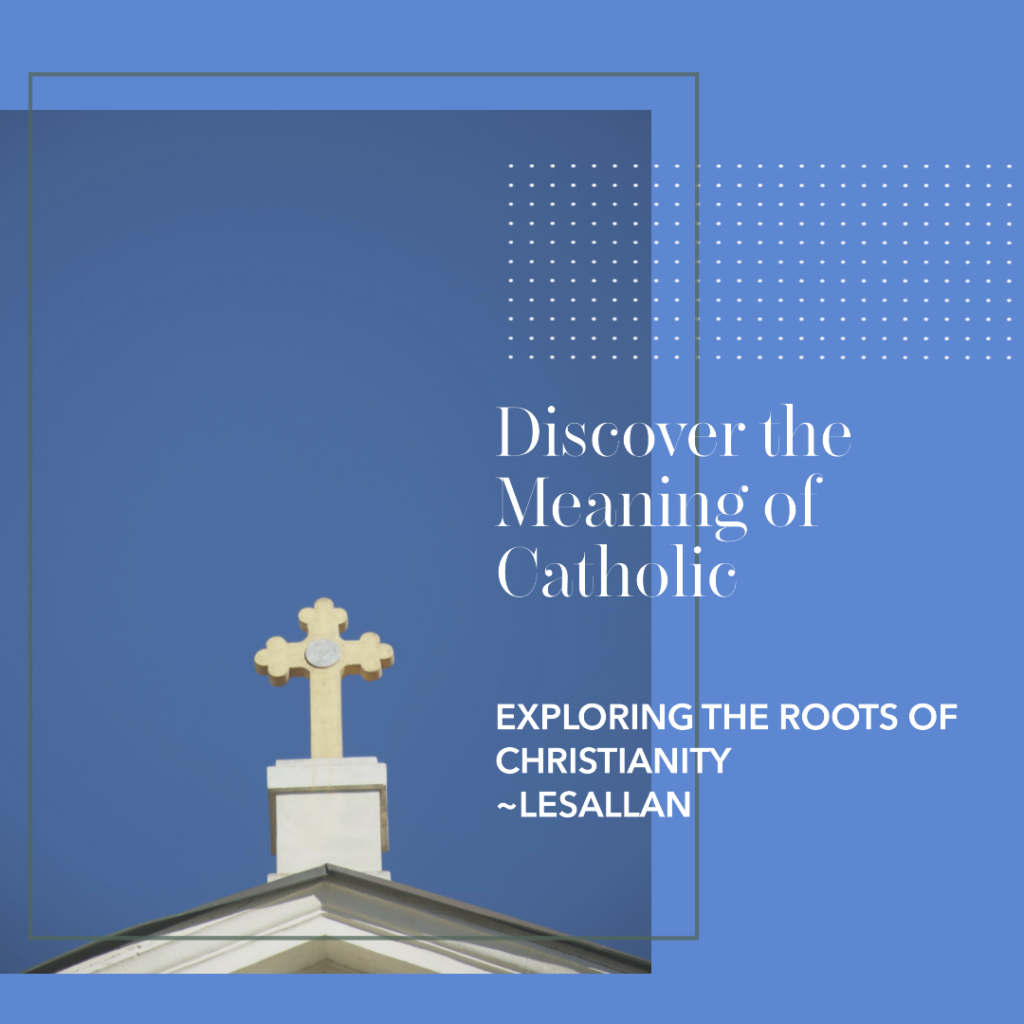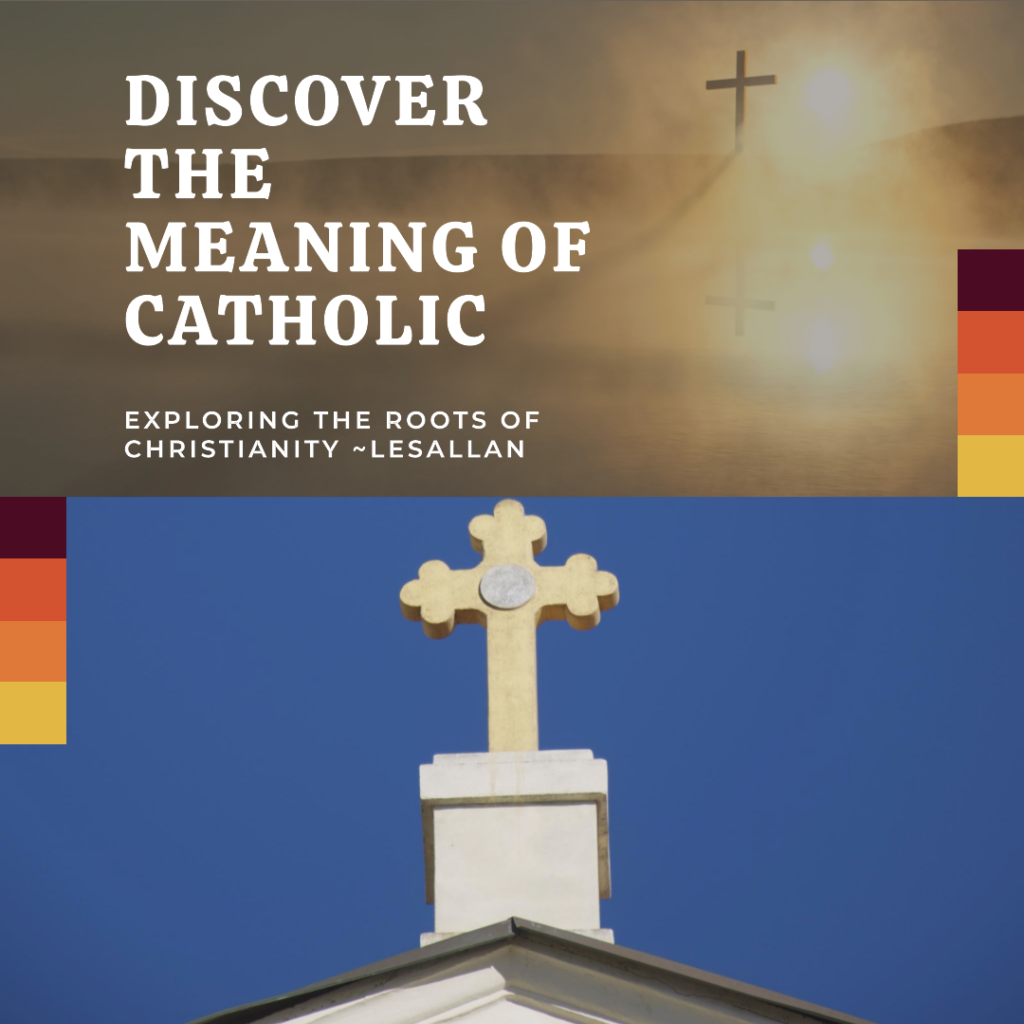Written By Lesallan – October 21, 2023

The Doctrine of the Church – Catholic
Lesallan Bostron
Ohio Christian University
THE4050 Investigating Christian Theology II (ONLF23)
Professor Jeremy Kamer
October 21, 2023
The Doctrine of the Church – Catholic
The word or term “Catholic” means universal or pertaining to the whole Christian church. According to Oden (2009), catholicity is one of the four marks of the church, along with unity, holiness, and apostolicity. Oden defines catholicity as the completeness and integrity of the Christian faith passed down through the apostles and their successors (Oden, 2009, p. 705). Additionally, he explains that catholicity implies the church’s continuity with the original apostolic witness, communion with all true believers, and its mission to all people and nations.
This doctrine is interesting because it highlights how the Christian faith is not restricted by the time, place, culture, or denomination, but is a shared heritage of all who follow Christ. According to Oden (2009), catholicity is one of the four marks of the church, along with unity, holiness, and apostolicity. These marks indicate the fundamental characteristics and qualities of the church as the body of Christ. Oden defines catholicity as “the wholeness and integrity of the Christian faith transmitted through the apostles and their successors” (Oden, 2009, p. 705). Additionally, he explains that catholicity implies the continuity of the church with the original apostolic witness, the communion of the church with all true believers, and the church’s mission to all people and nations.
Catholicity has far-reaching implications for discipleship and our daily lives. It compels us to respect and learn from the diverse range of Christian traditions and expressions present throughout history and across the globe. It also urges us to seek unity and fellowship with all Christians, despite their doctrinal or denominational differences, as long as they confess Jesus as Lord and Savior. Furthermore, it calls us to actively participate in the mission of God, which is to spread the gospel and serve the needs of vulnerable and marginalized communities. To remain faithful to apostolic teaching and practice, as preserved in the scriptures and interpreted by the consensus of the early church fathers and councils, is also paramount. Lastly, we are called to grow in our knowledge and love of God, as revealed in Jesus Christ, through the guidance and empowerment of the Holy Spirit.
Catholicity is one of the four essential qualities of the church, along with unity, holiness, and apostolicity. It means that the church faithfully preserves and proclaims the whole Christian doctrine that the apostles and their successors delivered. It also means that the church is connected to the original apostolic witness, all true Christians, and all people and nations. Catholicity is a key aspect of Christian discipleship and life. It means respecting and learning from the diversity of Christian traditions and expressions throughout history and the world. It also means seeking unity and fellowship with all Christians who confess Jesus as Lord and Savior, regardless of their doctrinal or denominational differences.
Moreover, it means joining God’s mission to share the gospel and serve the poor and oppressed. It also means staying faithful to apostolic teaching and practice, as found in the scriptures and confirmed by the early church fathers and councils. Finally, it means growing in our knowledge and love of God, as revealed in Jesus Christ, through the Holy Spirit’s guidance and power.
References:
Oden, T. C. (2009). Classic Christianity: a systematic theology. HarperOne.



